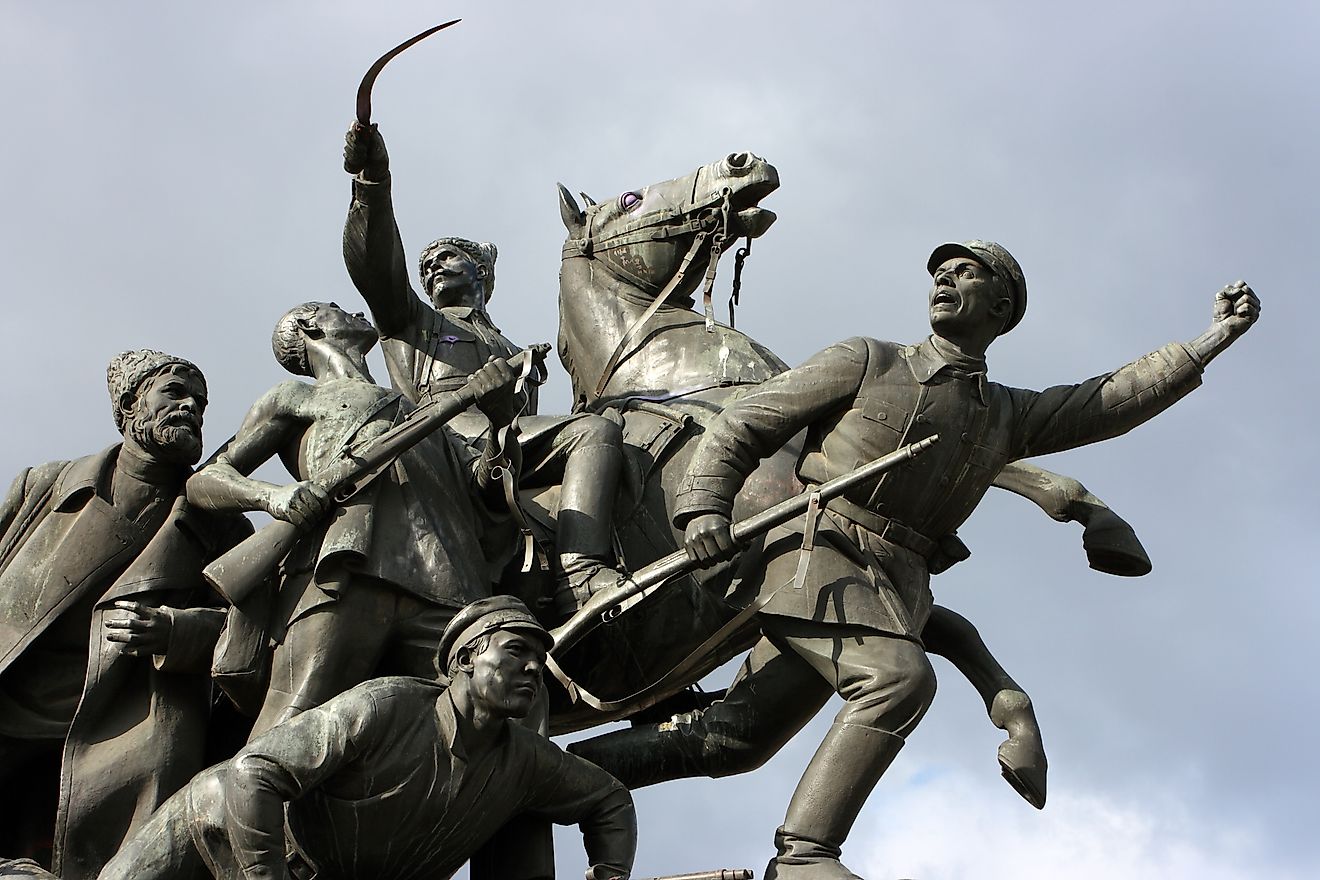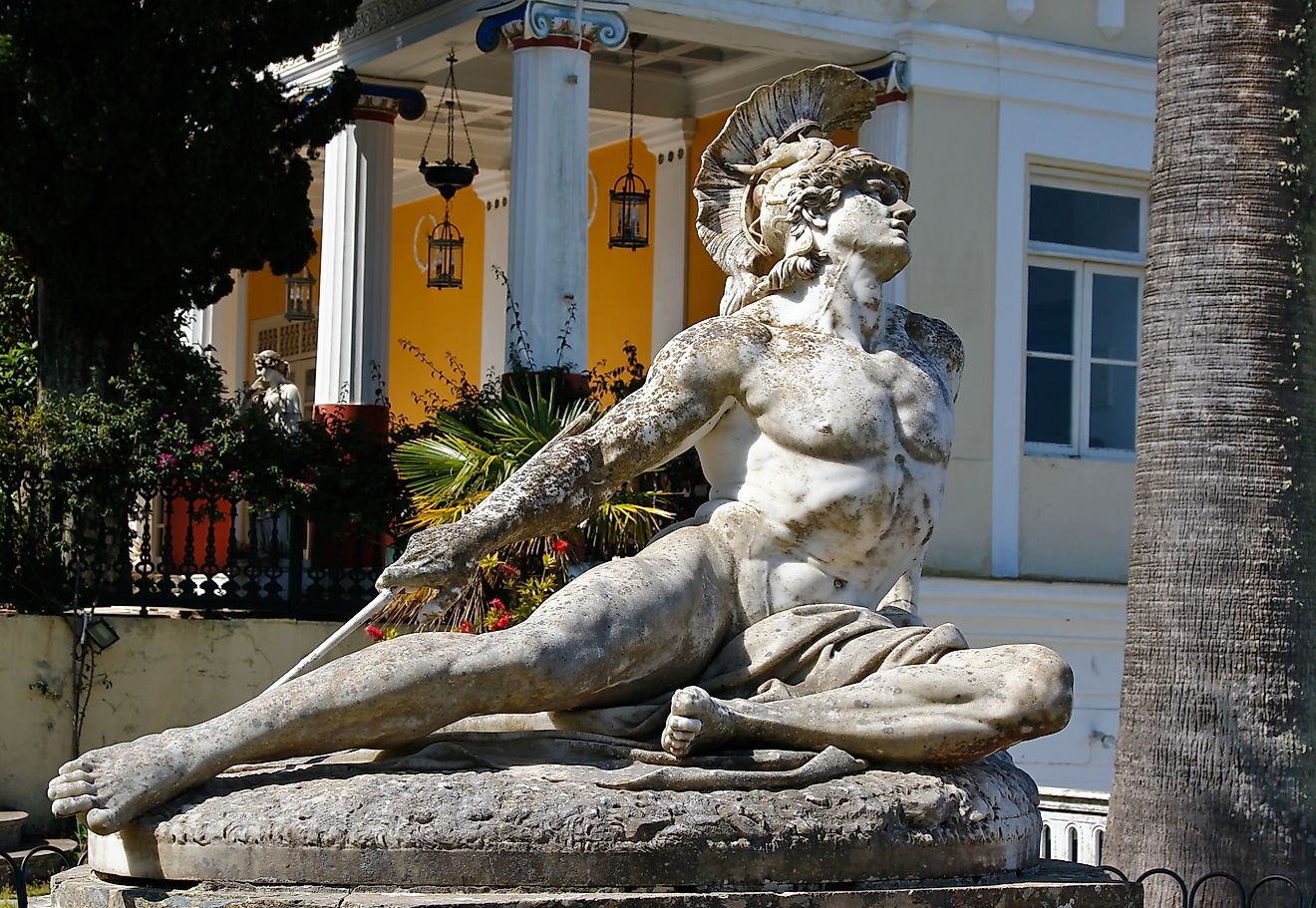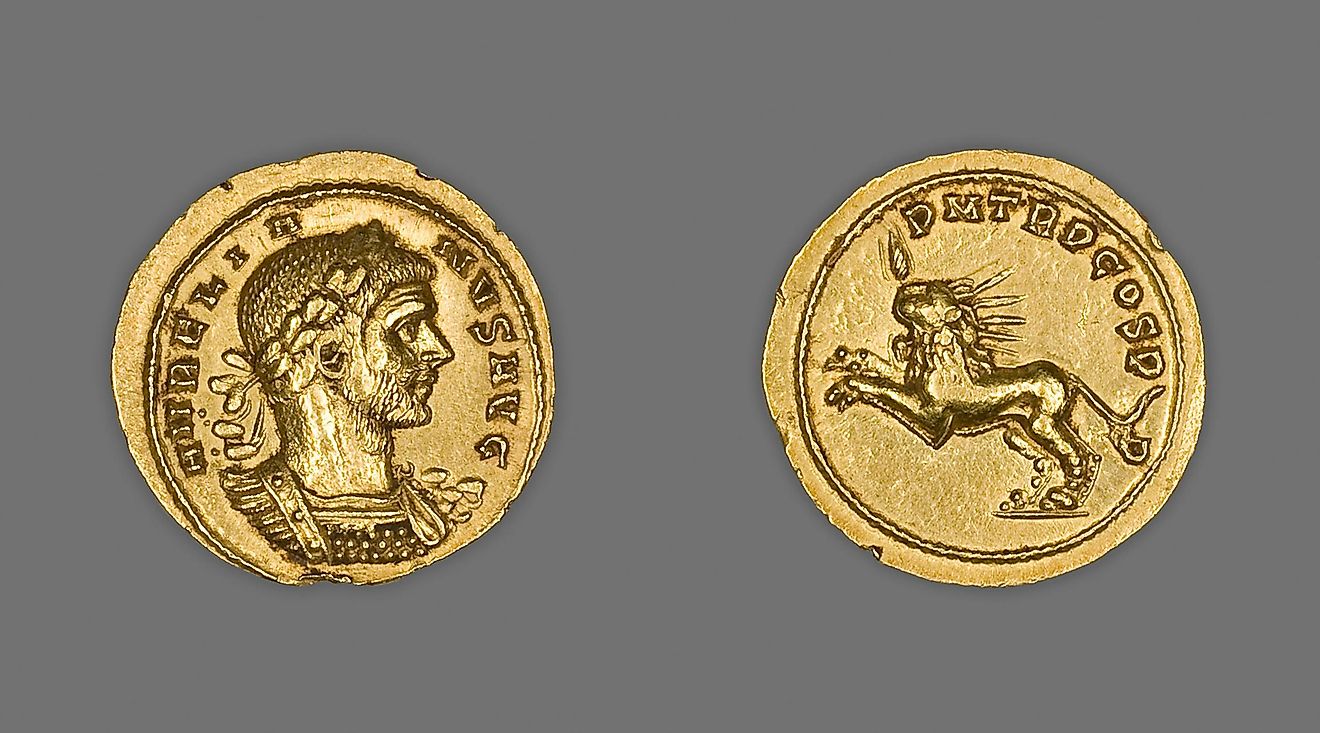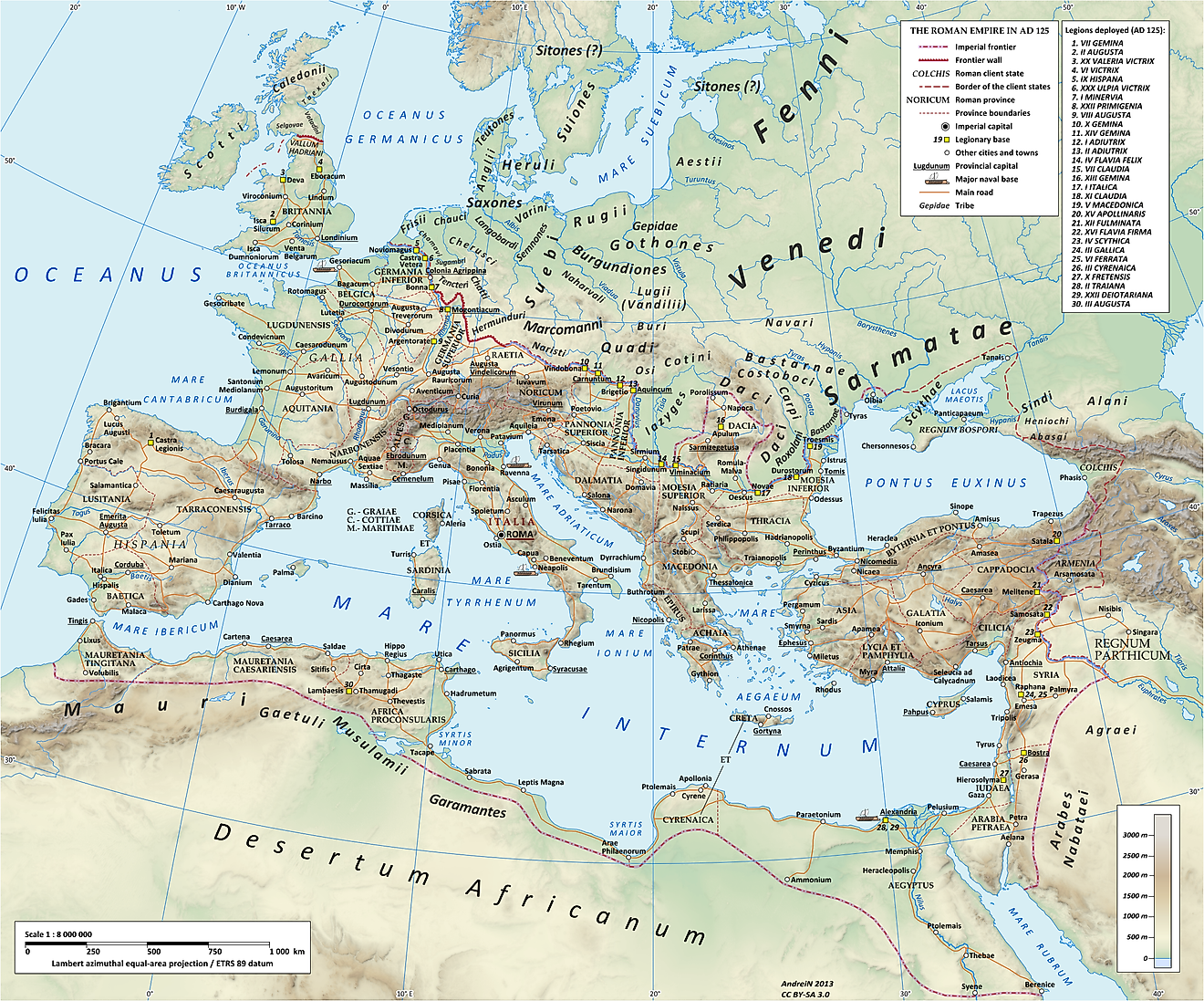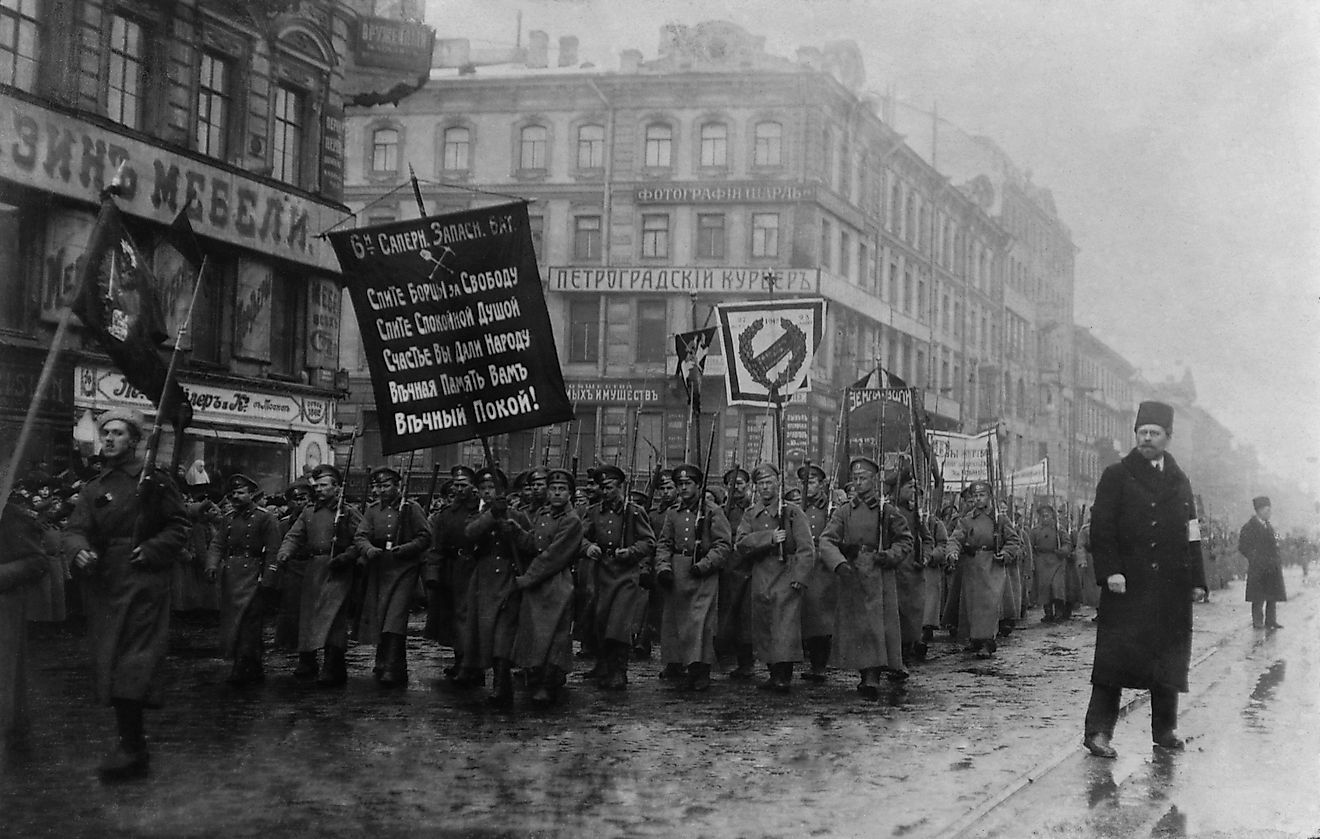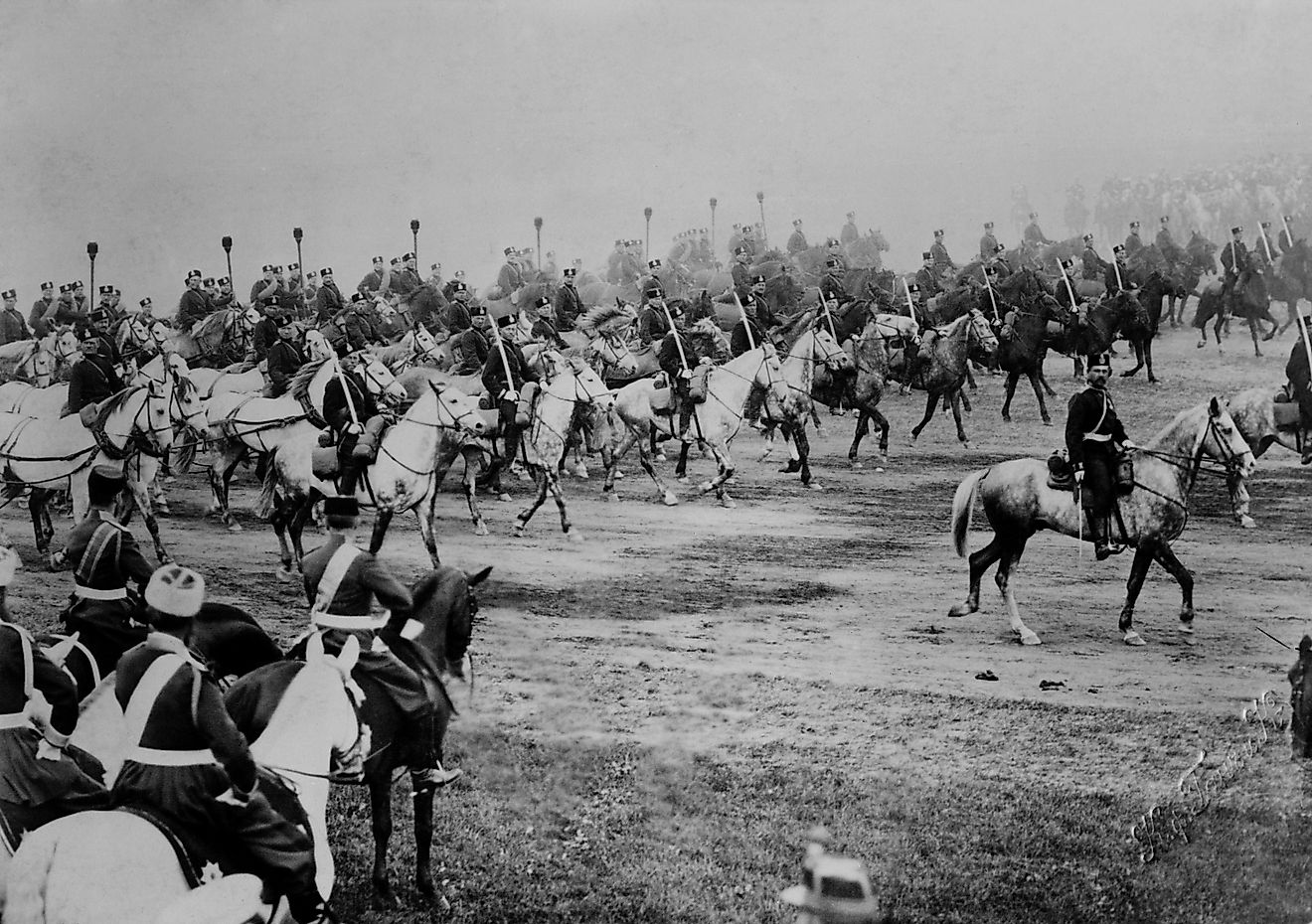
What Were the Intolerable Acts?
The American Revolution shook the greatest empire that the world has ever seen, but the events leading up to it are a tale of their own. Britain maintained a firm hand on its colonies across the Seven Seas in the 1700s, but by underestimating the appeal and momentum of the desire for American independence, the empire sealed its own fate. The King believed that ruling with an iron fist would cure the obstinance of groups like the Sons of Liberty, a grassroots band of instigators that desired to overthrow the British administration of the 13 Colonies. However, events like the Boston Massacre and the Intolerable Acts sparked a chain reaction that refused to cease until the British Crown made a permanent exit. These Intolerable Acts were implemented shortly after the Boston Tea Party in 1773 and eventually led to a concerted effort that gave rise to the American Revolution.
The Boston Tea Party

For three hours on the night of December 16, 1773, revolutionists occupied the tea-trading ships in the Massachusetts Bay port. There, these rowdy characters flung containers of tea into the murky depths of the Boston Harbor. The actions aimed to disrupt the operations of the British East India Company, which oversaw the shipping of tea between China and the first American colonies. Samuel Adams, Paul Revere, and other famous 'Sons of Liberty' participated in the calculated effort, which in today's money would have cost $1.7 million. Three hundred forty chests were thrown into the harbor, and the American Antiquarian Society possesses a sample of that tea, although it is too ancient and contaminated by harbor water to be ingested. This specific protest united the British Government against the revolutionists, and Great Britain's Parliament soon thereafter passed four series of laws that are known as the "Intolerable Acts."
The Boston Port Act

The Trade Act of 1774 was put into place in June, just months after Britain sustained the insult, which was the Boston Tea Party. This act, and the others like it, were punitive measures meant to force revolutionists to concede and disperse. The Port Act was a demand by King George III that Boston repays the British Government, via the East India Company, for the losses incurred from the tea disposal. British military ships blockaded the Port of Boston, refusing the entry of any vessel, which deeply impacted trade. This blockade was also intended to cause public anger at the revolutionist party, The Sons of Liberty. However, because Boston citizens were suffering unfairly, other colonies on the East Coast acted in solidarity by sending supplies over land. Ultimately, the Port Act was never repealed; but obviously, the Port of Boston is open to trade today- a major shift in the American colonies was therefore approaching rapidly.
The Massachusetts Government Act
The second response to the Sons of Liberty came from a law known as the Massachusetts Government Act, which was enacted on May 20, 1774. The decision upended the Massachusetts community by disregarding their charters and empowered the British Governor. Council members could no longer be voted in by the general community of Massachusetts; instead, the King of Britain would now oversee such administration. Furthermore, the governor outlawed administrative gatherings of town halls, cementing the stripping of executive power from the people of Massachusetts. These moves led the Sons of Liberty, and other figureheads of the Massachusetts people, to establish an unofficial shadow government. In an attempt to end the American Revolutionary War, the Massachusetts Government Act was repealed in 1778, but that was not enough.
The Administration of Justice Act
Alternatively known as the “Murder Act,” colonists in Massachusetts believed that this Act was designed to excuse the excessive violence of officials that had acted in the interests of Britain. After the previous acts dismantled colonial power in Massachusetts, the Administration of Justice Act worked to relocate those accused and convicted of quelling protests violently. Essentially, British officials and officers implicated in cases like murder, as a response to protests, would be brought elsewhere for trial and sentencing. For the American communities, this Act spurred on a growing sense of injustice with the possibility that these offending officers would be forgiven of their crimes. Like the other acts, May 20, 1774, was the day that it passed in British courts and was enacted the same day that the local British governor overturned Massachusetts’ charter.
The Quartering Act
The predecessor to this Intolerable Act had been initiated as early as 1765, and it effectively permitted military members of the British Empire to use colonial goods and housing as they saw fit. Quartering, by definition, means ‘to house,’ and the Act also often saw the transmission of food, drink, fuel, material, and transportation like horses and carriages from the colonists to the British. After enough resistance ensued, the first Quartering Act ended in 1770, but the Intolerable Acts both reignited it and expanded its ability to house soldiers in buildings that were not intended for that use, should quarters not be made available elsewhere. One modern reflection asserts that the Act only aimed to make use of unoccupied structures, but like the other acts, colonists were infuriated by any attempt of the British to gain more control.
The Aftermath

The acts fueled the revolutionists' worries and desires, and groups like the Sons of Liberty grew in number and popularity. The momentum was so great that it resulted in the creation of the First Continental Congress, which spawned from the need for shadow governments who overruled the efforts of the local British Governors. One of the Continental Congress' goals was to economically weaken British control by implementing a mass boycott of British goods. Furthermore, the association pledged to defend Massachusetts should Britain attempt to seize control through military might, and this solidarity resulted in the American Revolution.
The tensions that the Intolerable Acts caused eventually turned into catalysts for American liberty. The revolution was successful, which came as an international shock given the strength of the British Empire. This success was only achievable through widespread unity, which would not have been in place without the Intolerable Acts. Therefore, these acts can be seen as a failure of the British Government to exert and regain control of their own colonies. Vive la révolution, indeed.
